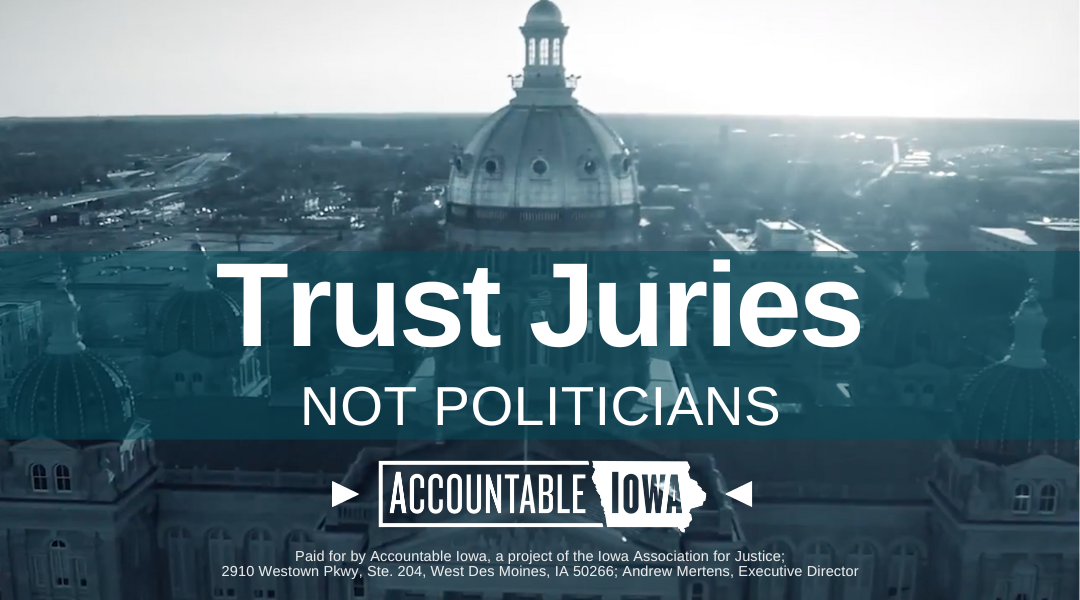By Alec Greven
Institute for Free Speech
Once again congressional Democratic leaders tried, and failed, to pass the DISCLOSE Act, a bill that would publicly expose the names and addresses of key supporters of causes. Strangely, if the measure had become law decades ago, it would have greatly harmed the civil rights movement and hampered the progress for LGBTQ rights.
Peddled by proponents as a solution to the wildly overblown and misunderstood issue of “dark money”, the legislation would put Americans at risk of harassment and retaliation, or even violence, for their beliefs.
Thankfully, on September 22 on a party line vote, the bill failed. However, it is troubling why this even had to be a party line vote. The DISCLOSE Act would harm organizations across the political spectrum; it should be opposed across the political spectrum.
Senate Democratic leader Chuck Schumer argued that we have to attack the “cancer of dark money” in our politics. But organizations like Planned Parenthood keep their donor information private – for good reason – to protect them from harassment and worse. In today’s highly partisan and contentious political climate, the ability to donate to a cause privately is essential. It’s also guaranteed by the First Amendment which protects “the right of the people peaceably to assemble” into groups.
If Planned Parenthood spends any money from private supporters advocating for increased abortion access, then some may say it spent “dark money.” But just like with voting and journalism, the private action of donors is the exercise of free expression rights in action. It is part of a healthy democracy.
Recent estimates indicate that Democratic aligned nonprofits vastly outspent Republican aligned ones to the tune of $1.5 billion to $900 million in 2019 and 2020. If “dark money” is a cancer upon our democracy, then prominent Democrats should be most aggressively targeting Democrat aligned groups. Do Democrats really believe these organizations’ use of so-called “dark money” are a cancer on democracy?
- The Black Progressive Action Coalition which works to increase African American turnout
- A pro-immigration nonprofit working in Texas advocating support for asylum seekers
- A gay rights nonprofit working in Florida to oppose the Don’t Say Gay Bill
- An organization based in Wyoming advocating for gun control
All of these organizations work on controversial causes in areas where such advocacy is unpopular. If donors were exposed, fewer of them would give to these causes. In today’s culture, 62% Americans admit to having political opinions they are scared to share. If everyday people are scared to share their opinions, how would they feel about having their donations listed online forever? Privacy is an essential component to modern First Amendment association.
Unfortunately, The DISCLOSE Act would make it easy for partisans to harvest reams of data of which nonprofits Americans are supporting. This data can enable coordinated harassment and cancellation campaigns that would force many groups out of business.
There’s a reason why Alabama wanted the NAACP membership list in the 1950s. They wanted to get rid of the group and its advocacy for civil rights. In 2008, then candidate Barack Obama said he opposed gay marriage. How many people back then, or even today in conservative states, would want their name in a public database showing their support for gay marriage?
If someone contributes to a Political Action Committee, a political candidate, or a political campaign that contribution is already required to be disclosed by law and the DISCLOSE Act does nothing to change this. Rather, the DISLCOSE Act targets the donors to nonprofit organizations who, by law, must spend most of their money and effort working for social change.
Private giving to nonprofits is essential to protect First Amendment rights and the robust exchange of ideas in the political marketplace.
We don’t force voters to tell us who they voted for. We don’t force journalists to reveal their anonymous sources. And we shouldn’t force citizens to be reported to an online government database when they support a nonprofit. They may think it’s good messaging good messaging, but if the Democratic sponsors were to actually catch the car and pass their bill, the DISCLOSE Act would be the real threat to democracy.
















